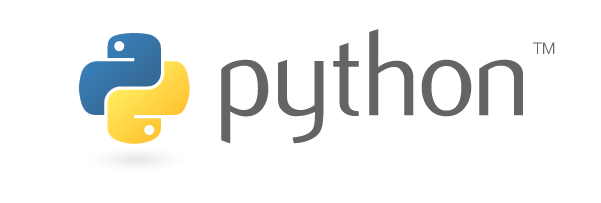In the root of every subject in the Smart Data Models program there is a file named
context.jsonld (example from environment subject)
It compiles long IRI for every term in the subject (But for those which are general terms).
their URLs match this pattern “https://smartdatamodels.org/ ‘subject’ / term”
e.g. “aqiMajorPollutant”: “https://smartdatamodels.org/dataModel.Environment/aqiMajorPollutant”
Now all of them are existing pages with basic information about the term.
https://smartdatamodels.org/dataModel.Environment/aqiMajorPollutant
















